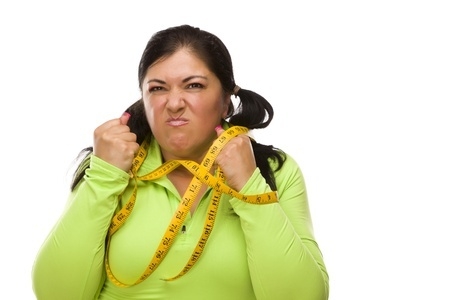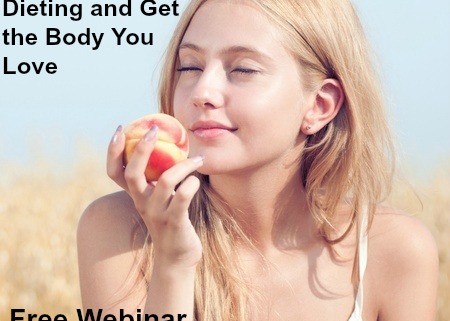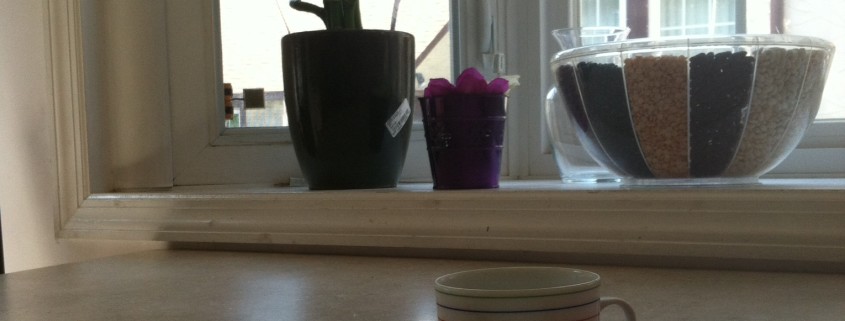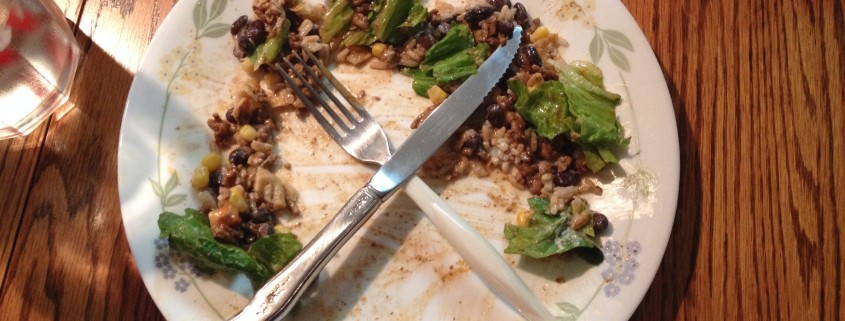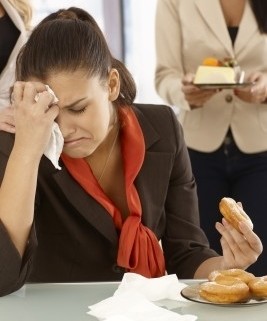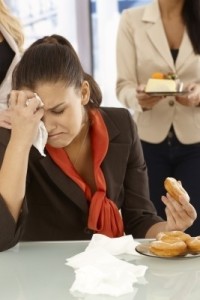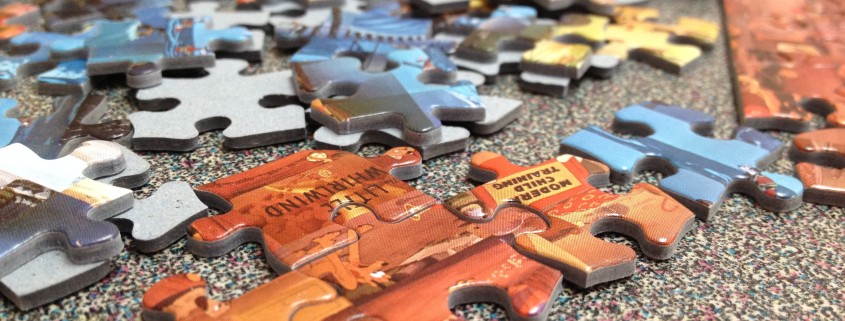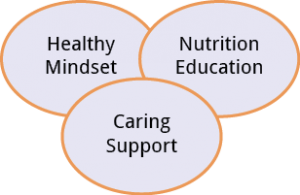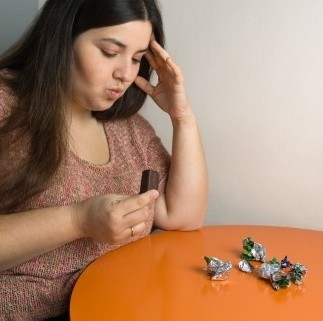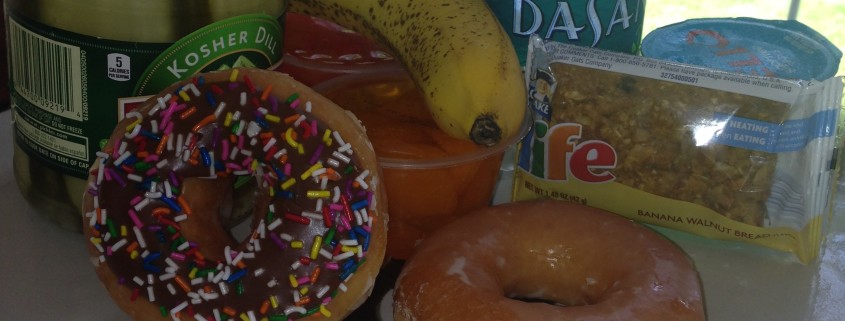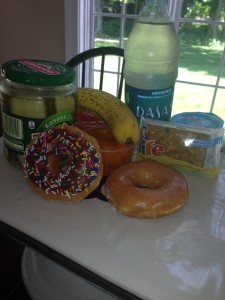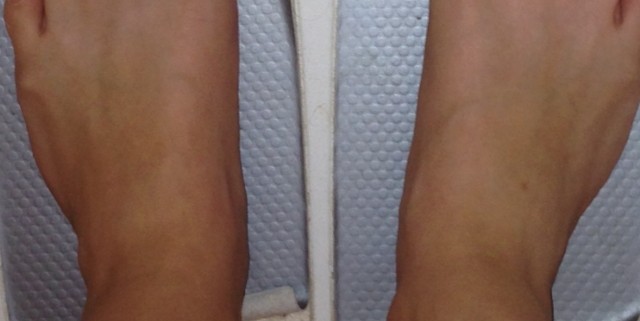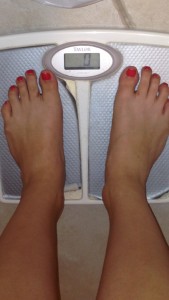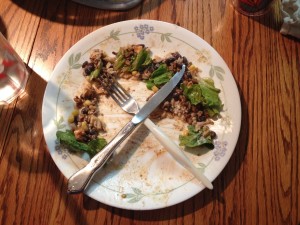 When you are eating, do you pay attention to how satisfied you are getting? Or, do you eat until all the food on the plate is gone?
When you are eating, do you pay attention to how satisfied you are getting? Or, do you eat until all the food on the plate is gone?
I ask you these questions because as a chronic dieter, you more than likely have become a member (or hopefully an ex-member) of the “clean the plate” club. There are many reasons why you might be in this club. But right now, the reason I will highlight is the entitlement you feel.
What do I mean by entitlement? Well, simply said, when you are on a diet you are entitled to a certain amount of food, right? And, when you portion that food out onto your plate, you are going to eat what you are entitled to no matter what.
As an intuitive eater, there is no more food worry, no more entitlement, and no more restrictions. Let me share another story with you (last week I shared my Godiva chocolate story, I hope you liked it!)
My husband and I recently went out to dinner at my favorite restaurant while we were on vacation. We don’t usually eat out due to our hectic schedules, but this was during our vacation so we had the time. I ordered two appetizers instead of an appetizer and an entrée which I knew would be too much food for me. One of those appetizers was something I typically would not have ordered; it was a crostini with veggies and cheese. Seeing that I am an intuitive eater and I don’t deprive myself of food that I desire when I am biologically hungry, I decided to order the crostini.
As I was eating, I was staying focused and paused a few times to check in with my inner signals. At some point, I recognized that I was just about nearing comfortable satiety and although the crostini was delicious, I knew that if I finished it (there was one left on the plate), I would have become overfull.
What do you think I did? I stopped eating, put my fork and knife down and told my husband I’m done. I asked the waitress to pack up the last crostini so I can take it back to the hotel, where I had a refrigerator in my room. Yes, it was only one small crostini (remember this was an appetizer, so they weren’t big), and I still stopped eating and took it back with me. I certainly could have shoved it in, but I knew I would have been too full and would regret it.
Two days later (still on vacation), when it was time for a snack, I saw the bag in the frig and remembered I brought it back from the restaurant. I decided to have it as my snack and I enjoyed it as much as when I had it the very first time.
I don’t share this story to brag. I want you to know that you can have these experiences too. You don’t have to finish the food on your plate, even if there are just one or two bites left. Learning to become an intuitive eater opens up a whole new way of living.
Please let me know your thoughts in the comments section below. Are you a member of the “clean the plate” club? Do you have a story to share where you took home or put away that last bite?
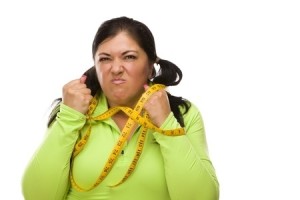 I know how much you want to lose weight. You have tried for many years. You’ve been successful in that you lost weight on whatever diet you were on at that moment, assuming you were “good”. But then, the inevitable happens. You crave foods that you love that you have restricted for so long. You now enter into the vicious cycle of dieting and the “Dieter’s Dilemma”.
I know how much you want to lose weight. You have tried for many years. You’ve been successful in that you lost weight on whatever diet you were on at that moment, assuming you were “good”. But then, the inevitable happens. You crave foods that you love that you have restricted for so long. You now enter into the vicious cycle of dieting and the “Dieter’s Dilemma”.
